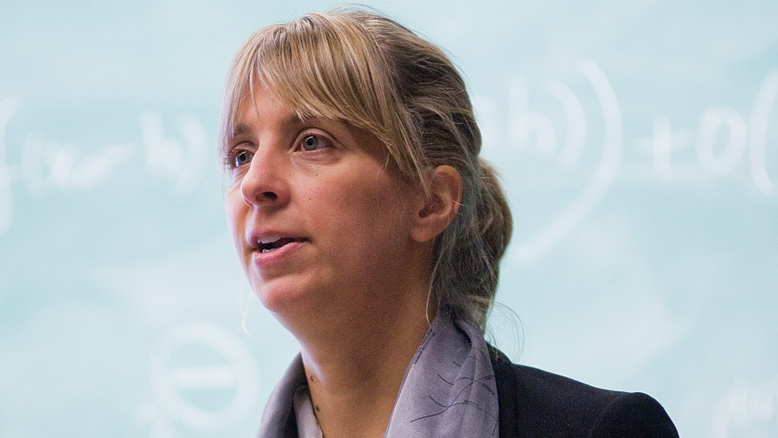Jacqueline Perlin
Recruitment Manager
York’s Sustainability Council hosted its fifth open forum at York Monday Dec. 17. 
The Sustainability Council, a committee created by university president Mamdouh Shoukri in 2008, was hosted to garner feedback on changes to York’s sustainability efforts.
Last year the council, headed by environmental studies assistant professor Jennifer Foster, compiled a list of 39 recommendations, all of which were adopted by the university on a short, medium and long-term basis.
“I thought this forum was great because we had staff, students and faculty, which brought together different perspectives,” said Caitlin Greenham, the student representative to the Sustainability Council.
“We want to make York an environmentally robust, economically resilient and socially equitable institution,” said Foster, adding that access to education and the conservation and the preserva- tion of resources are important themes with regards to campus sustainability.
Foster, however, noted that while the teachers and administration around York have done a lot to advance sustainability, there is no coordinated approach across the university. Foster also pointed out that while York received a grade of a B+ in the 2010 sustainability report card, conducted by the Sustainable Endowments Institute (SEI), the area of shareholder engagement received a grade of an F.
She noted, though, that the poor grade is merely a reflection of the way grading is conducted.
Foster explained that York has an investment policy that takes into account environmentally and socially responsible investments for York, but that York hires managers to administer the investments, which is called proxy voting, and leads to a low grade since York levees the investments to the managers.
“We’ve been in close conversationwith the side of the university that does handle [the proxy voting] affairs,” said Foster, adding that the council has also been working with SEI, so that they could consider looking beyond just proxy voting as the total score for that area and look into whether the proxy voters have to adhere to sustainability concerns.
Some other concerns that arose during the meeting included issues surrounding use of printers on campus. While suggestions were made to use double-sided printing, concerns from library staff included the possible increase in printer breakdowns this type of printing may cause. Other individuals even went as far as proposing professors switch entirely to digital processing, suggesting that use of a digital drop-box for papers and assignments would eliminate the use of paper entirely.
While the discussion topics ranged widely, there was a general agreement that there must be an overall change in the mindset of staff and students at York University, towards a more sustainability-friendly attitude.
Greenham agreed that a change in attitude must occur, and that it needs to occur foremost with student involvement, stating there are issues regarding communication of sustainability efforts that the council may need to do a better job with getting the word out there with how students can get involved.
“I would like to see the broader student community [at the forum] and I think we definitely need to look at ways we can be more creative to get those opinions and ideas from students,” said Greenham, adding students simply just don’t know how to get involved.
Nevertheless, Greenham stressed that the issues discussed at the forum will influence the next recommendations report, adding that more forums will definitely help propel the bigger ideas that students have for the sustainability council.
“We will look at the discussion and how we can bring those suggestions to the next recommendations report,” said Greenham.
The next sustainability recommendations report will be released in February.
York sustainability council makes radical recommendations


